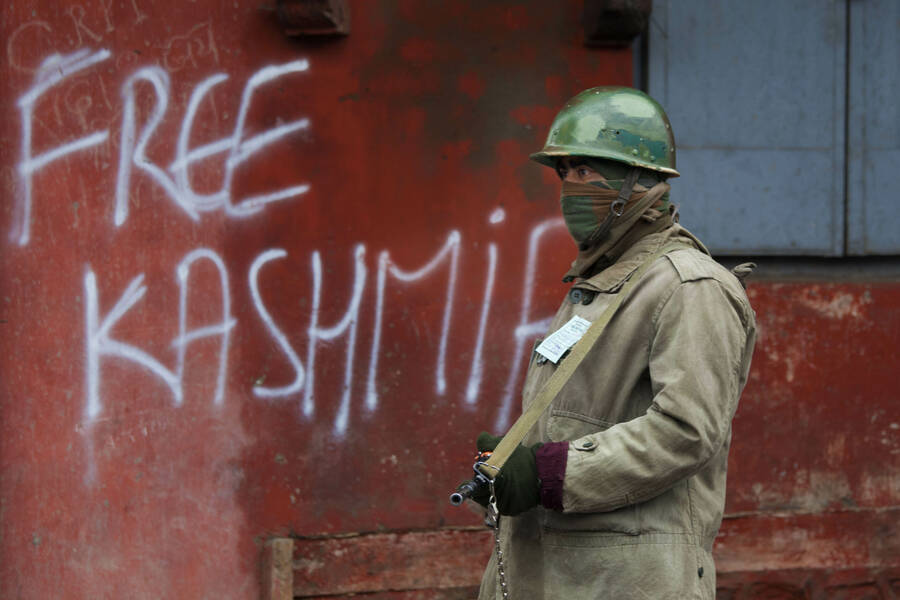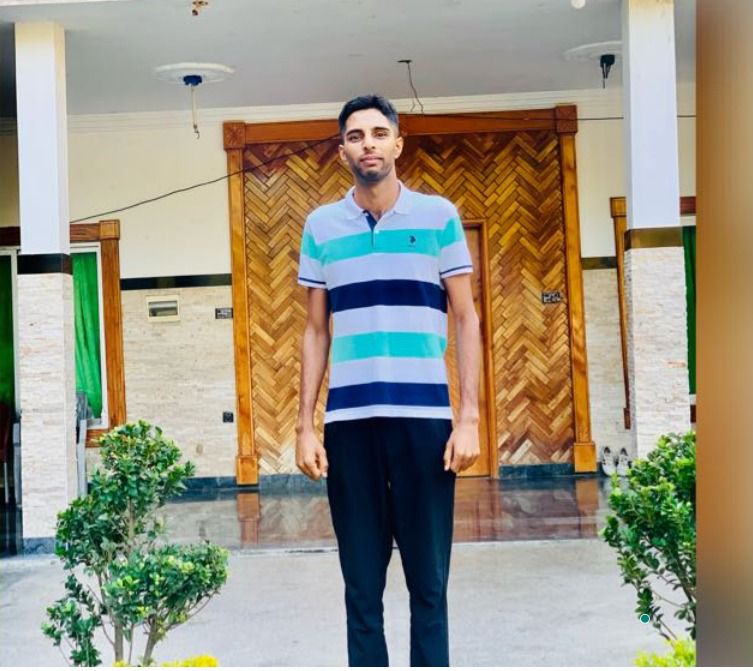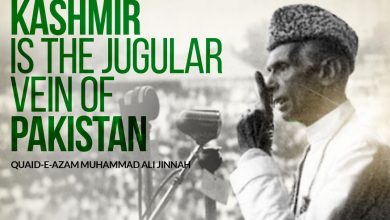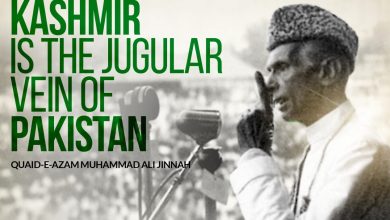
 October 27 stands as a pivotal and painful day in the history of Kashmir’s struggle, marking what Kashmiris observe as Black Day. It commemorates the 1947 event when Indian forces entered Jammu and Kashmir, bypassing the principles of the partition plan and ignoring the will of the Kashmiri people. This day ignited a cycle of violence, oppression, and systemic aggression against Kashmiris, escalating tensions and solidifying the unresolved conflict between India and Pakistan. The illegal occupation turned a region rich in resources and culture into a conflict zone where human rights abuses have become the norm, and peace remains elusive.
October 27 stands as a pivotal and painful day in the history of Kashmir’s struggle, marking what Kashmiris observe as Black Day. It commemorates the 1947 event when Indian forces entered Jammu and Kashmir, bypassing the principles of the partition plan and ignoring the will of the Kashmiri people. This day ignited a cycle of violence, oppression, and systemic aggression against Kashmiris, escalating tensions and solidifying the unresolved conflict between India and Pakistan. The illegal occupation turned a region rich in resources and culture into a conflict zone where human rights abuses have become the norm, and peace remains elusive.
For over seven decades, Kashmiris have endured this legacy of struggle and sacrifice, continuously calling on the international community to honor its commitments as outlined in UN resolutions. Yet, the lack of meaningful intervention allows the ongoing aggression to threaten regional stability, with India’s policies in Kashmir heightening tensions across South Asia. This unresolved legacy of Black Day highlights the urgent need for global actors to address these enduring injustices and work toward honoring the promises made to the people of Jammu and Kashmir.
Kashmir Black Day symbolizes the start of India’s military occupation of Jammu and Kashmir, following the controversial Instrument of Accession. From that moment, the people of Kashmir have faced continuous suffering, particularly through violent atrocities that have left deep scars on the region.
The root cause of the Kashmir conflict lies in 1947. As per the partition plan, 563 states of the subcontinent were offered a choice of whether to join Pakistan or India. Kashmir had high geographical significance. Jammu and Kashmir shared borders with Pakistan and had a system of trade and communication linked to Pakistan.
According to the partition plan, the future of this princely state will be shaped by public opinion. As per statistics, the population of Jammu Kashmir was predominantly Muslim 75% and the people of Kashmir desiring to join the Muslim conference passed a resolution of accession with Pakistan but Maharaja Hari Singh acceded to India against aspirations of the majority Muslim population leveraged India to invasion into Jammu Kashmir illegally bypassing the provision of partition thus India invaded exacerbate crisis over Jammu Kashmir region laid bases of conflict that persisted today.
The escalating tensions over Kashmir led the United Nations to intervene in the conflict between Pakistan and India. In 1948, the UN passed Resolution 47, urging both states to cease hostilities, restore peace, and implement a partition plan. However, India has consistently violated these terms. Since 1947, India has resisted granting the people of Jammu and Kashmir their promised status, choosing instead to maintain control through ongoing aggression.
This includes deploying pellet guns, stationing over 900,000 troops, and creating a severe humanitarian crisis in the region. Innocent civilians face arbitrary detention, enforced disappearances, and frequent violence, leading to a deeply intensified and urgent humanitarian dilemma in Jammu and Kashmir.
The aggression and policy of India are challenging UN Security Council resolution 96 reiterated the call for a plebiscite since it in paradox undermined the necessity of self-determination for the people of Jammu Kashmir, similar to UN General Assembly resolution 39/143( 1948) focused on the human rights situation in Jammu and Kashmir and these resolutions has not being implemented despite human rights violations and loss of thousands lives yet UN despite the crisis remained unsuccessful holding India responsible of crisis and the reason of instability in south Asia especially ov…








